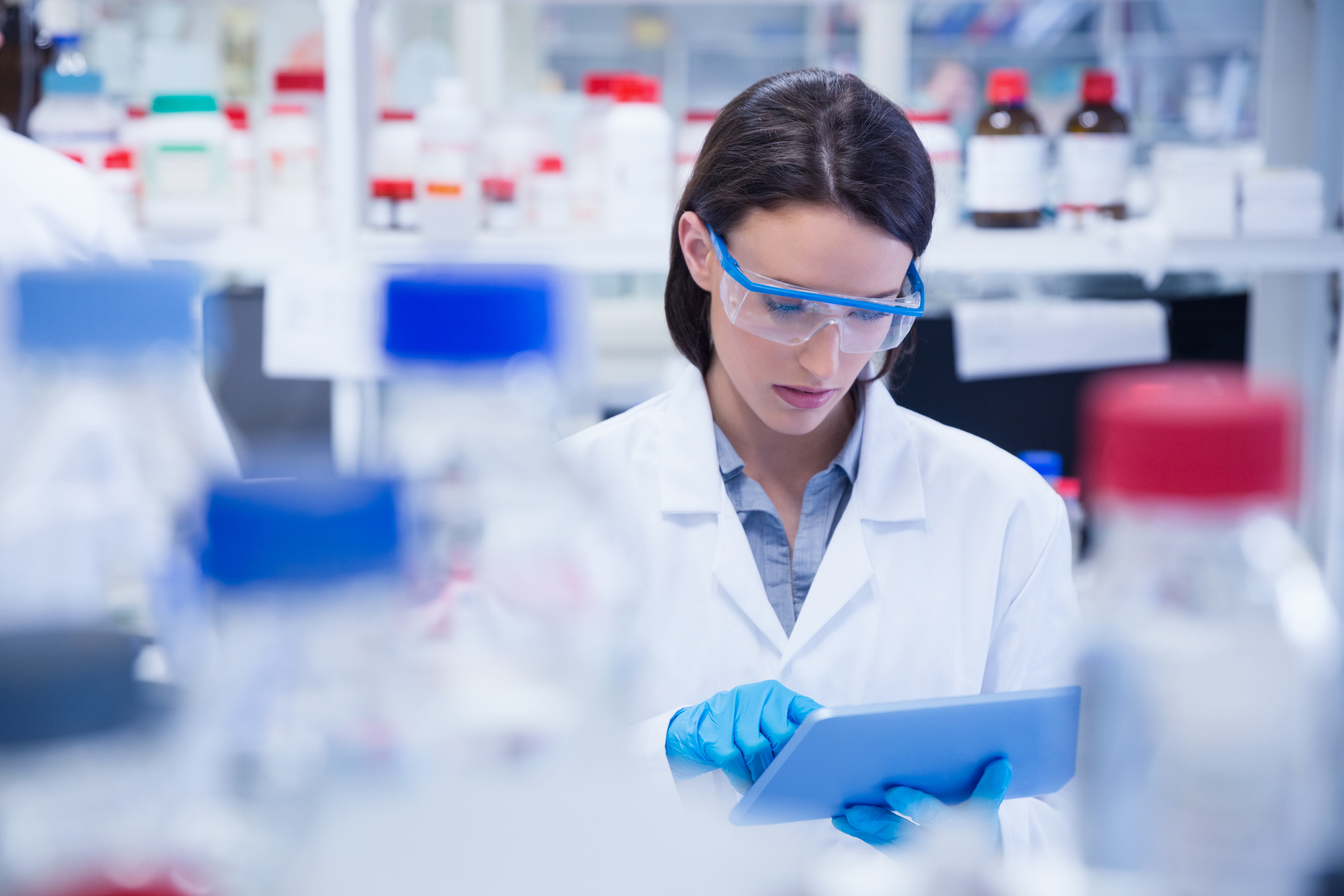
Let’s Play: True or False, Lab Procedures Edition
12 Dec 2018
Safety is essential regardless of what industry you’re in, but it’s even more important in laboratory settings. Following proper laboratory procedures allows you to ensure that your testing is reliable and your lab is a safe environment for your technicians and employees.
Unfortunately, there are still a number of misconceptions out there about lab procedures and safety policies. Understanding the reality of laboratory procedures as well as the myths that are out there can help you navigate your lab’s procedures more effectively.
To help illustrate the importance of these procedures, today we’d like to play a little game of True or False: Lab Procedures Edition.
True or False?
- All chemicals require the same protective materials: False. While it’s always important to use protective gear when you handle chemicals, not all chemicals require the same protective gear. You should understand the specific protective gear that’s required for the different types of chemicals that are used in your lab.
- It’s important to understand and practice emergency procedures: True. You never know when an unexpected emergency may occur in your lab, so you should always be prepared. Make sure your lab’s emergency procedures are clearly posted and review these procedures regularly with lab technicians and other employees.
- Small accidents don’t need to be reported: False. Lots of lab technicians think that minor accidents, spills or injuries don’t need to be reported, but the reality is that any accident in a lab should be reported to a supervisor. Only by reporting these incidents can labs create a plan to ensure they don’t happen again.
- You should inspect equipment and accessories before every use: True. You should always inspect your equipment and tools before use, even if the equipment is brand new. A basic inspection allows you to identify any defects or issues before use.
- Eating snacks and drinking water is safe in the lab: False. Some lab technicians think it’s safe to drink water or eat small snacks in the lab, but it’s best to avoid food and drinks altogether. Eating and drinking in the lab can increase the risk of contamination from chemicals and other hazardous materials found in a laboratory setting.
- Chemical containers without appropriate labels should not be used: True. Any labelling issues should be reported right away and you should not use the chemicals in those containers.
Quality lab equipment
For the most reliable results in your laboratory, it’s important to start with the right equipment, tools and accessories. At Labnet International, we are proud to carry a fantastic inventory of products that are designed to deliver the highest level of quality, consistency and longevity possible. You can browse our inventory online or contact us today to find out more about everything that we have to offer.

